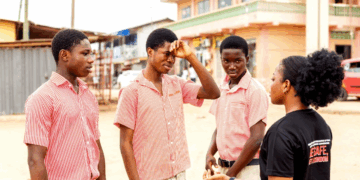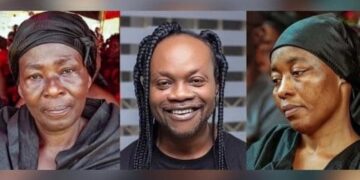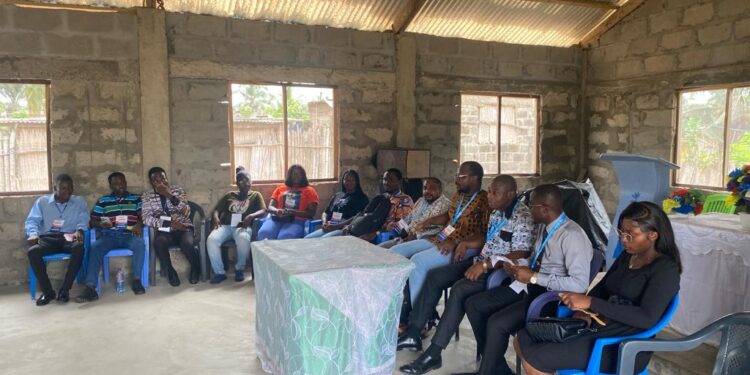The School of Allied Health Sciences (SAHS) and the Africa Centre of Excellence in Coastal Resilience (ACECoR) both at the University of Cape Coast have embarked on a collaborative endeavour to enhance community welfare and preserve the environment along Ghana’s coastline.
This partnership leverages the complementary strengths of both institutions to promote sustainable living practices and environmental stewardship among coastal communities.
This initiative seeks to address the dual challenges of public health and environmental degradation faced by coastal populations.
By combining SAHS’s expertise in health sciences with ACECoR’s focus on coastal resilience, the programme aims to educate and empower residents.
Meanwhile a team of researchers namely Dr. Edéva Grebixi Rodrigue PELEBE, Dr. George Ghatter-Kwansah. Dr. Michael Ntodic, Dr. Alex Boadi Dankxi. and Dr. Mrs Millicent Abigail Aning-Agyei led by Professor Desmond Omane Acheampong, School of Allied Health, University of Cape Coast are acknowledged for the good work done to promote healthy living along the coast of Ghana using the community approach.
Dean of the School of Allied Health Sciences, UCC, Prof. Desmond Omane Acheampong indicated that by fostering a sense of ownership and participation, SAHS and ACECoR hope to inspire a lasting commitment to health and environmental conservation among the people living in Ghana’s coastal areas.
According to him, a project dubbed Promotion, Health and the Coastal Communities was born out of ACECoR’s mandate to preserve marine life and they do that through capacity building of dwellers in these coastal communities to help preserve the marine environment as they decide to also give attention to health issues.
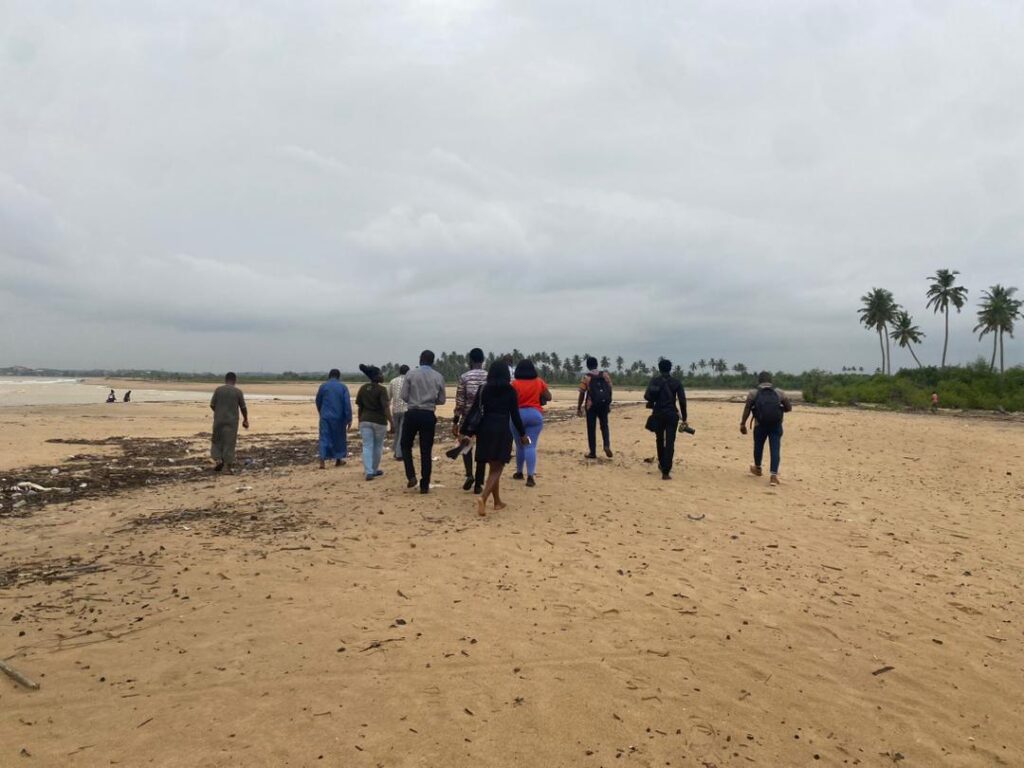
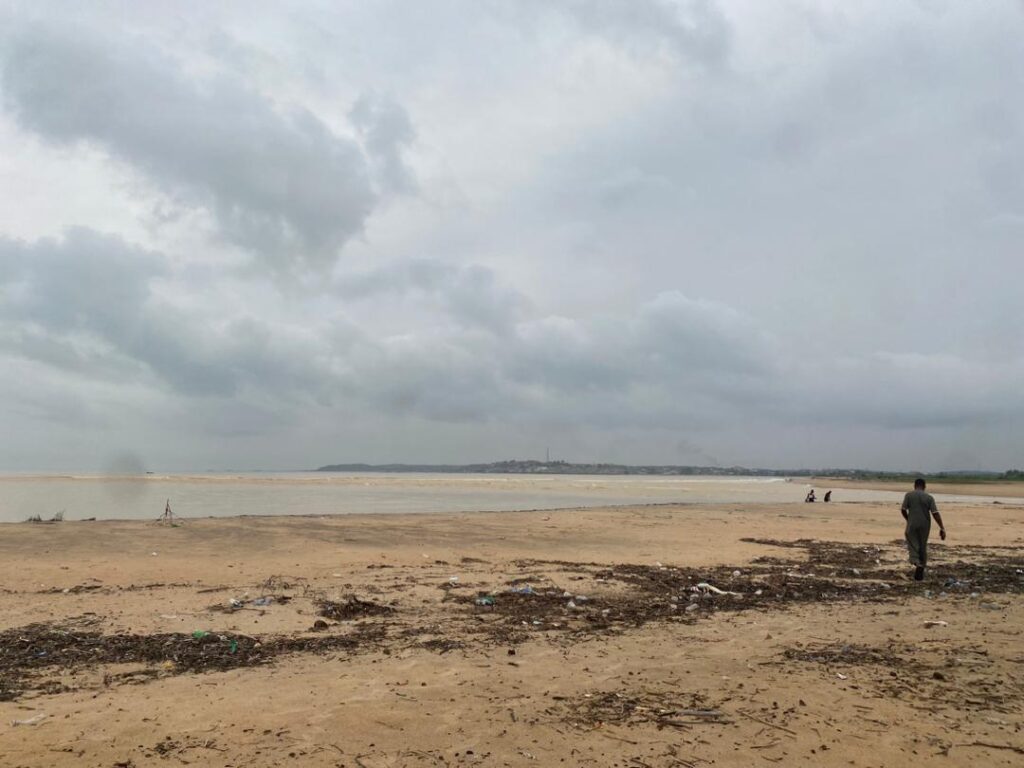
“So here we are looking at working with coastal communities in western and central regions of Ghana. We chose 12 communities, 6 in the central region and 6 in the western region. Also, these communities are coming from 3 districts in the western region and 3 districts in the central region.
In an interview with ATL FM NEWS at the sidelines of a durbar to assess the needs of residents at Anlo Beach and other selected communities, Prof. Acheampong shed more light on the phases involved in the community engagement and its effectiveness on the lives of residents in the coastal areas.
He said the first phase that ACECoR has successfully completed is the needs assessment through community engagement.
The second phase includes confirming the information gathered from the first phase while the third phase is intervention to assess the status of the solved issues.
Prof. Desmond Omane Acheampong said the project is expected to span 10 years and beyond.
“And then we are going to work with the community throughout the process. Every stage of the project, we are going to engage the community. So, we call this study a community engagement approach. As such, everything, right from start to the end, we are going to engage them. So, we are co-creating the solutions with the community,” he said.
Secretary to the Council of Elders at Anlo Beach Area, Mr. Noble King Dogbatse expressed that for economic activities to go on smoothly, the needs of the people of Anlo should be met.
According to him, the land of Anlo has been swallowed by the sea, making fishing and economic activities difficult over the past years.
While calling on stakeholders to come to their aid, he expressed gratitude to SAHS and ACEcoR for selecting Anlo as part of the community engagement program.
To him, the initiative by ACECoR will ensure that the needs of the community will be fulfilled within the 10 years of the project.
Read more news here
Source: Comfort Sweety Hayford/ATLFMNEWS



